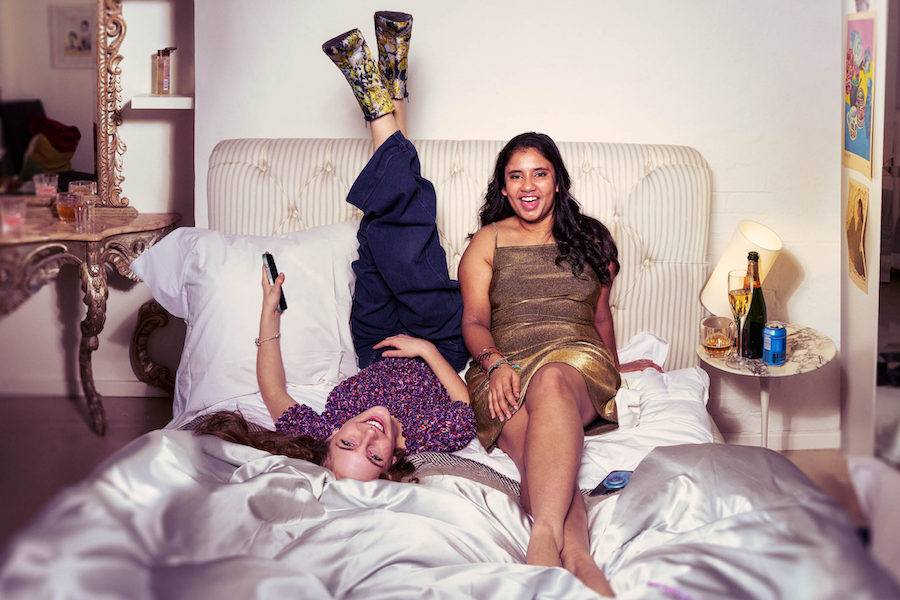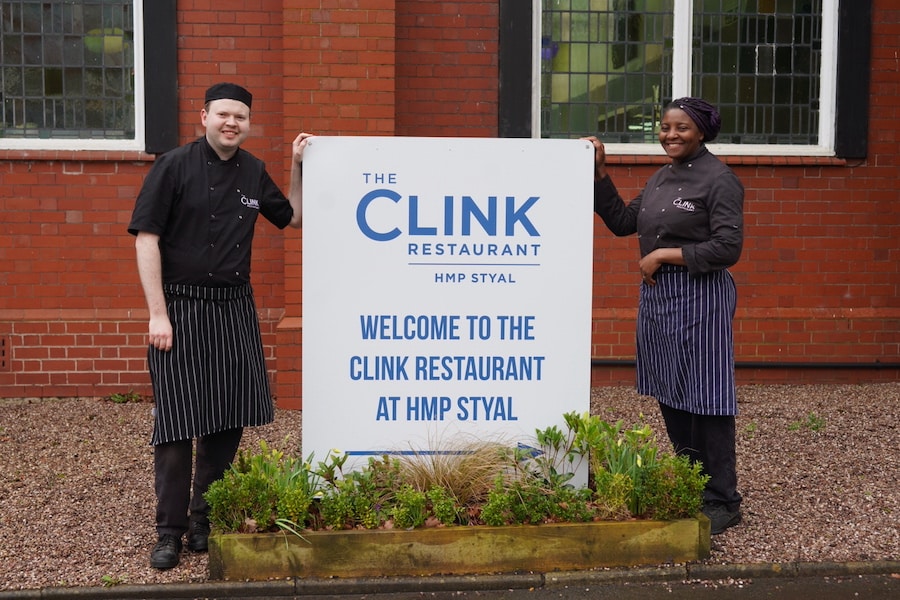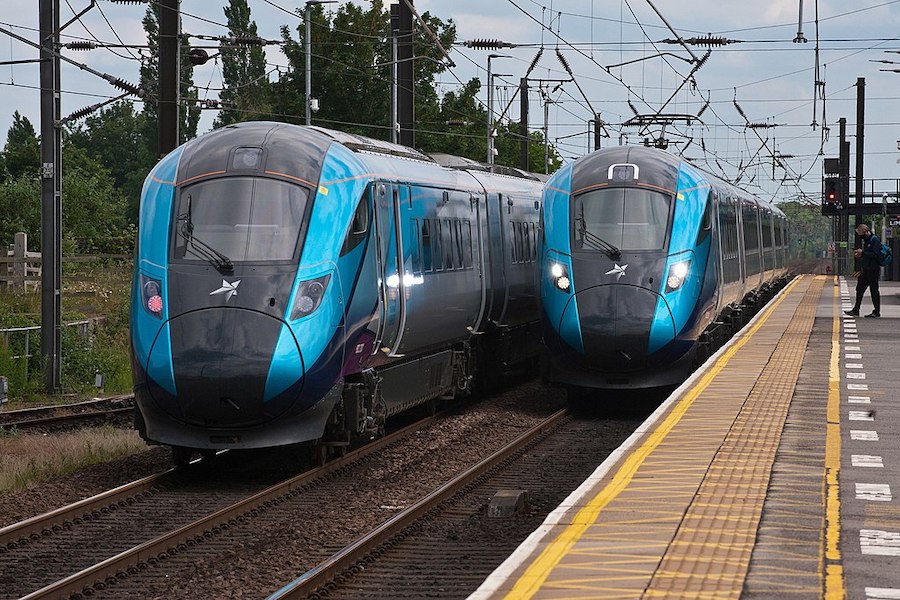Salford actor Robert James-Collier on bringing Downton Abbey to the big screen
- Written by Susan Griffin
- Last updated 6 years ago
- Cinema, City of Salford, Culture, People
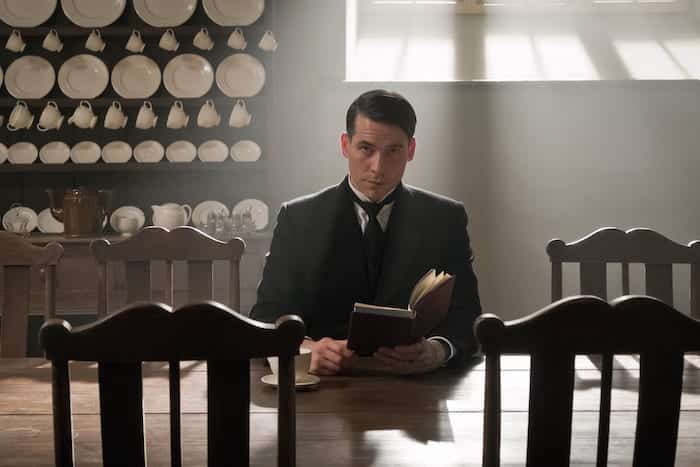
Ever since the credits rolled on the final episode of Downton Abbey in 2015, speculation was rife as to whether it would return in a big screen format.
Following doubts and denials, it was finally confirmed in July last year that the cast would indeed be returning for a film version of the beloved period drama – and now it’s almost here.
Among the regular faces making their return is Salford’s Robert James-Collier, 42, who’s known to fans as Thomas Barrow, a character who started out as the humble valet but is going up in the world.
“Barrow is now the butler at Downton Abbey. He’s always been seen as the bad boy of Downton Abbey, but I think he’s just misunderstood,” says Robert who’s appeared in Down To Earth, Coronation Street and the stage adaptation of Calendar Girls over the years.
He reveals what’s in store, how the film differs from its small screen offering and reuniting with his fellow downstairs crew.
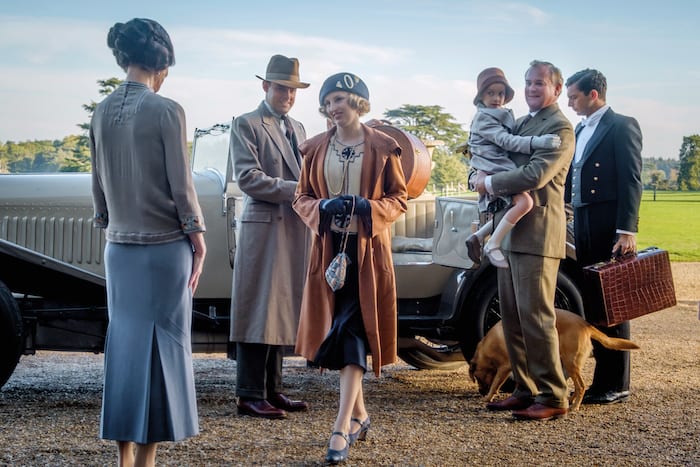
How is Thomas doing when we meet up with him?
“When we return in the film, the royal family are coming to visit, and for Thomas, this is his big moment. He’s worked his way up to the position of butler, to get to this big moment; this is the pinnacle of his career and he can show off in front of the Royal family.
“Then out of nowhere, Lady Mary (Michelle Dockery) usurps him and starts to doubt whether he’s got the ability to be a butler to the Royal family, pulling the rug from under his feet.”
Does Thomas get his own separate storyline, would you say?
“The film contains all these little separate vignettes, where Thomas goes off on his own journey.
“I do think because of his sexuality Thomas’ story takes him on these different trajectories and it’s important to have this angle because it was illegal to be gay back then and we don’t often see that side of society in 1920s Britain.”
What was it like to reunite with all the cast?
“We were a good, solid family unit, particularly the downstairs crew. We always had such a great laugh and to meet up with everyone again was just fantastic.
“It’s like that old friend you went to university with and you don’t speak to for three years, then you pick up the phone, and it’s not stilted, it’s not awkward, everything’s just exactly how you left it, which in our case was just manic, and really loud.
“It was great, for me, just to see the cast again, it was like a school reunion.”
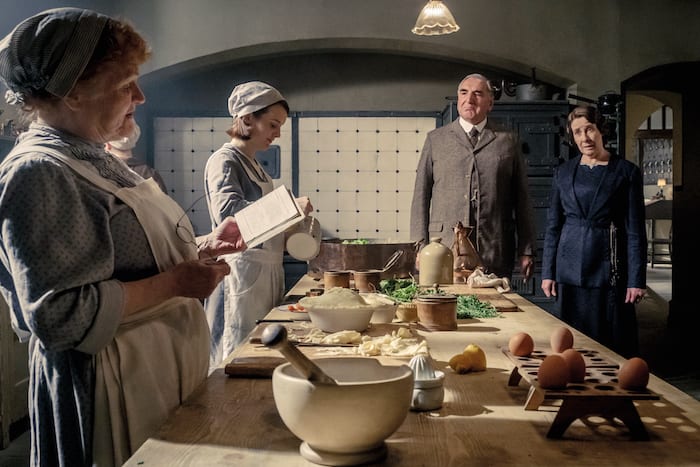
What are the main differences between TV and film?
“With a film, you have way more time to shoot the scenes, which means the crew have more time to show you what they’re capable of.
“Sometimes in TV, it can be rushed, and you get these brilliantly talented people who haven’t got the time to show you how good they can be, and I think on the film, we’ve got that.
“We can let each department shine and have a bit more of a moment, which is great. It’s just generally a little bit more relaxed. Not like it was ever not relaxed but we had a lot more time in the schedule to really make this as good as it could be.”
Why do you think Downton resonates with audiences?
“I’ve toured with Downton to South Africa, Japan, Australia and America, and a movie just seemed a natural step, because Downton Abbey represents a stable, safe way of life, as it was back then.
“I think that’s what people sort of were tuning into with the show. It’s a form of escapism with these grand houses with their huge, grand ballroom scenes and these fantastic costumes.
“People just want to take a nostalgic step back in time.”
Is it a case of ‘more is more’ for the big screen outing?
“To give the fans a movie which is much more lavish and extravagant than they’ve come to expect, will, I hope, make our audience happy.
“We’re just giving them what they want and what they like. We’re not doing anything particularly new, but I don’t think you have to.”
Downton Abbey: Need-to-know facts…
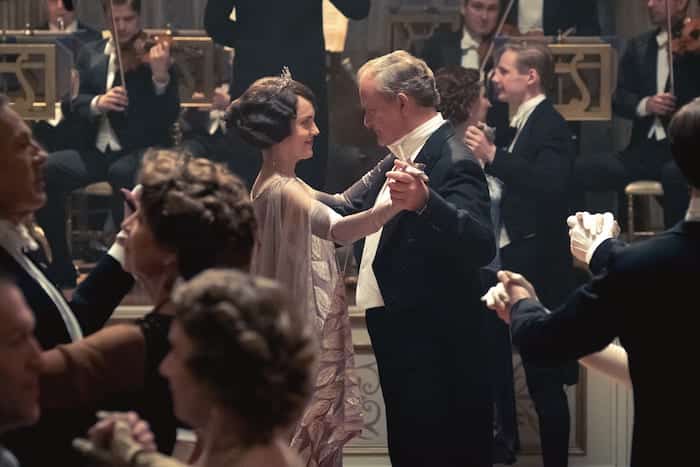
- The premise of Downton Abbey was inspired by Julian Fellowes’ 2004 novel Snobs.
- Fellowes, who created and wrote the series, has also written the film, and it’s directed by Michael Engler who took the helm on various Downton episodes.
- The film’s central storyline follows the Crawleys and their staff preparing for a royal visit from the King George V and Queen Mary, an event that’s set leave the future of Downton hanging in the balance.
- Just like the series, most of the action plays out within the grand surroundings of Yorkshire’s Downton Abbey, which IRL is Highclere Castle in Newbury, home to the Earl and Countess Carnavon. Many of the interior scenes where shot at Shepperton Studios.
- Aside from the regular faces, there is an array of guest stars to look out for, including Stephen Campbell-Moore, Imelda Staunton, David Haig, Tuppence Middleton and Geraldine James.
- The ‘Downton Effect’ has seen a rise in popularity for butlers, sherry, vintage nightwear, Art Deco jewellery and riding side saddle, as well as a £22 billion boost to UK tourism.
Downton Abbey is released in cinemas on Friday 13th September.
- This article was last updated 6 years ago.
- It was first published on 10 September 2019 and is subject to be updated from time to time. Please refresh or return to see the latest version.
Did we miss something? Let us know: press@ilovemanchester.com
Want to be the first to receive all the latest news stories, what’s on and events from the heart of Manchester? Sign up here.
Manchester is a successful city, but many people suffer. I Love Manchester helps raise awareness and funds to help improve the lives and prospects of people across Greater Manchester – and we can’t do it without your help. So please support us with what you can so we can continue to spread the love. Thank you in advance!
An email you’ll love. Subscribe to our newsletter to get the latest news stories delivered direct to your inbox.
Got a story worth sharing?
What’s the story? We are all ears when it comes to positive news and inspiring stories. You can send story ideas to press@ilovemanchester.com
While we can’t guarantee to publish everything, we will always consider any enquiry or idea that promotes:
- Independent new openings
- Human interest
- Not-for-profit organisations
- Community Interest Companies (CiCs) and projects
- Charities and charitable initiatives
- Affordability and offers saving people over 20%
For anything else, don’t hesitate to get in touch with us about advertorials (from £350+VAT) and advertising opportunities: advertise@ilovemanchester.com
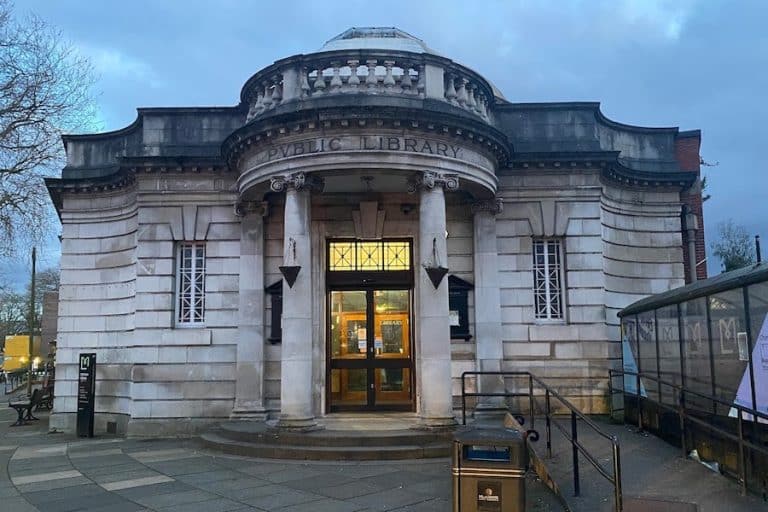
Chorlton Library gets a stunning renovation unveiling hidden treasures
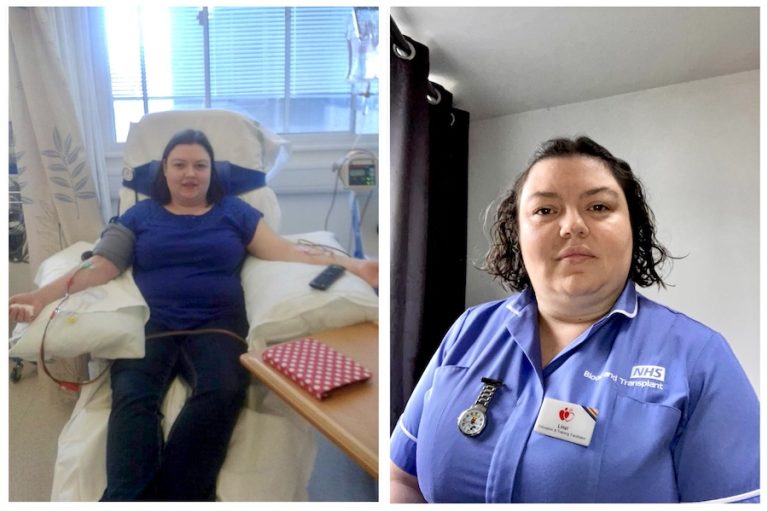
How one selfless act sparked a career dedicated to saving lives
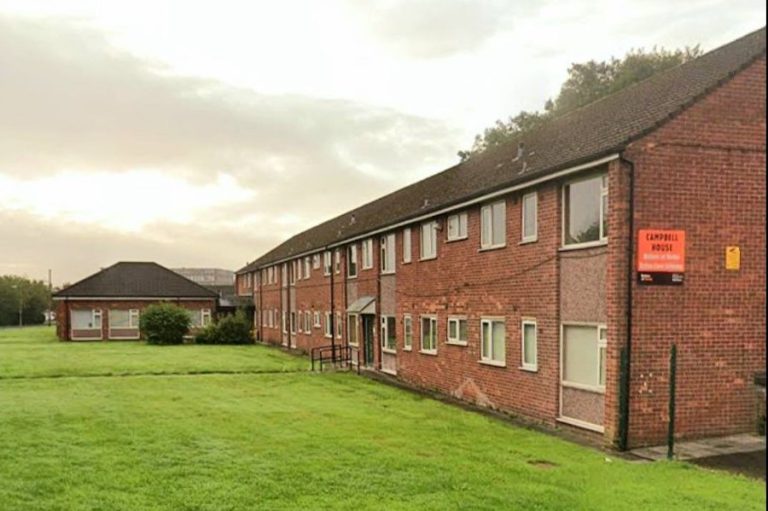
Former sheltered housing transformed into safe haven for vulnerable youth


Manchester and Los Angeles prove that opposites really do attract






